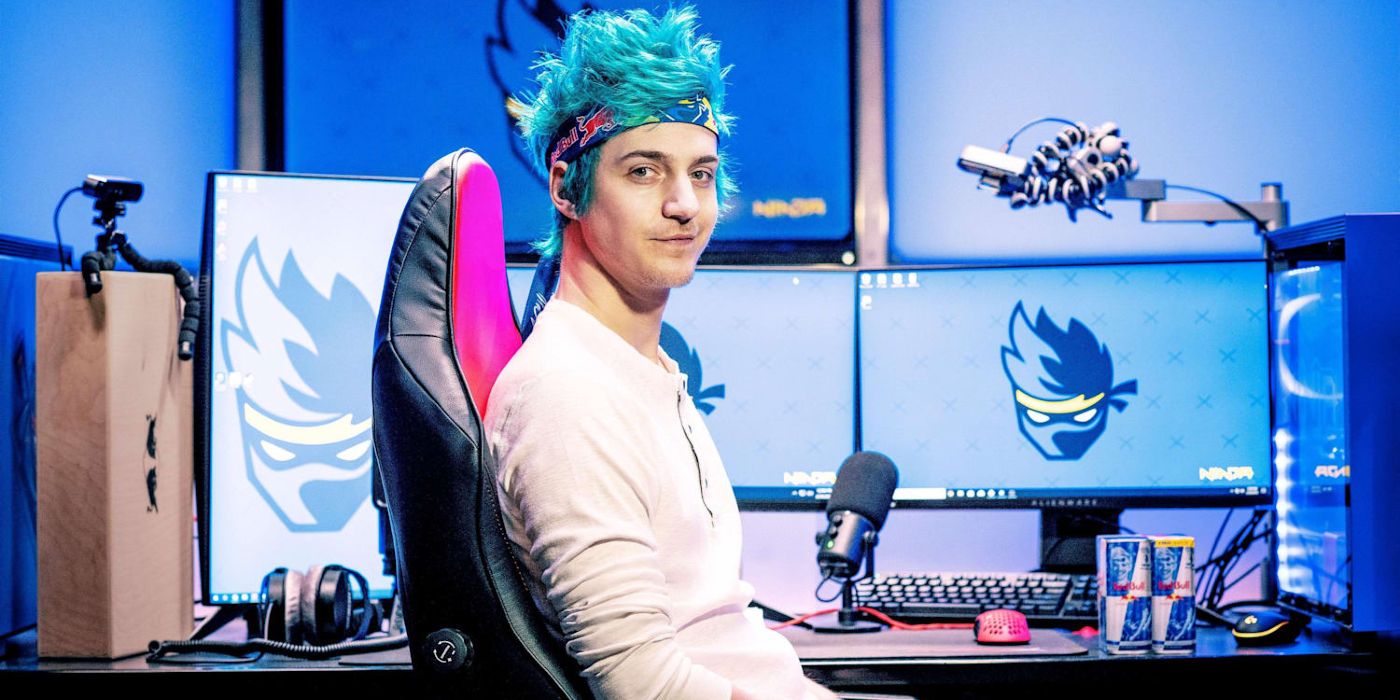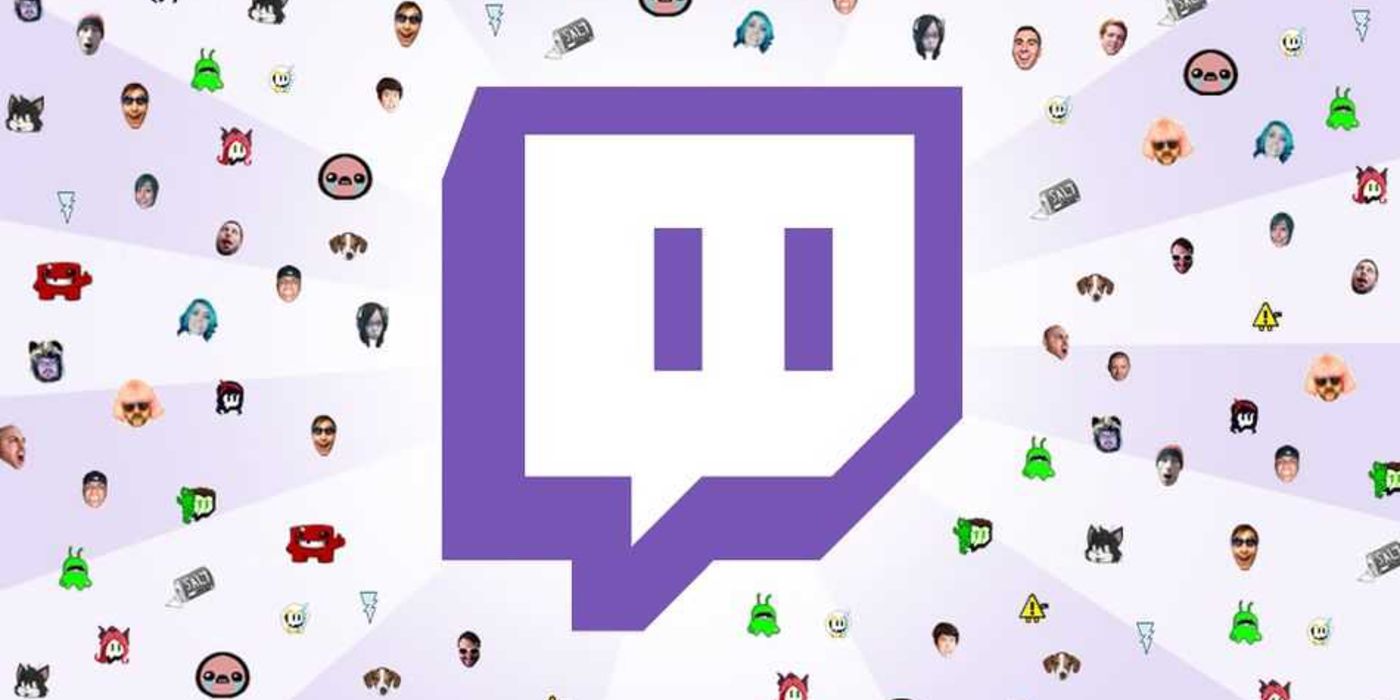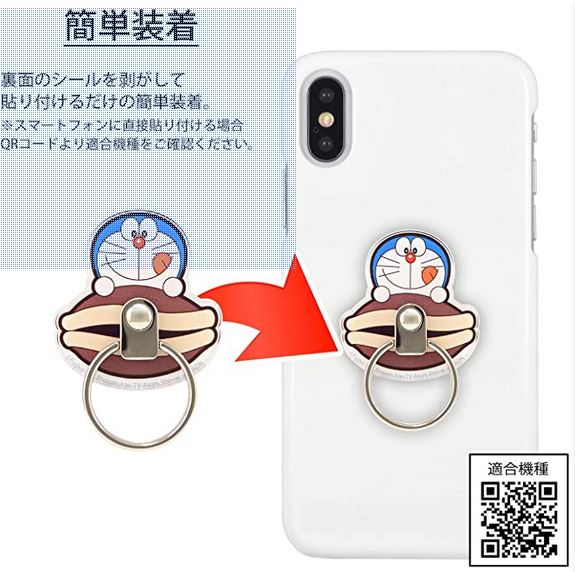
Popular Twitch streamer Tyler “Ninja” Blevins offered his thoughts regarding the parents of youth who contribute to online toxicity: listen to, and more importantly, educate their kids.
Ninja is perhaps the most recognizable face in the streaming world. The 29-year-old began his gaming career by joining esports teams for competitive Halo 3 play, but exploded in popularity beginning in late 2017 thanks to Fortnite. The popular battle royale title and streamer are near-synonymous when mentioned, although Ninja thinks Epic Games has lost its way with Fortnite Chapter 2.
In a recent interview with The New York Times, Ninja was asked questions about a number of things in his personal and public life. The FPS pro details his planned transition towards voice acting, in which he’s already recorded lines for the main role on an upcoming TV show, to prior comments made about not playing games with women.
One particular question, however, has caused the internet to stir. Centered around the behavior of kids who frequent livestreams, Ninja was asked if anything could be done to mitigate the often combative and toxic behavior in chat, to which the streamer replied, “it all comes down to parenting.”

Ninja believes the toxic chat behavior, which oftentimes devolves into persecutive or racial slurs, could be minimized if parents took more initiative and responsibility. “How does a white kid know he has white privilege if his parents never teach him or don’t talk about racism?” Ninja goes on to discuss how slurs not only contribute to overall toxicity, but can get the streamer whose stream it takes place on banned.
Blevins also elaborated that internet culture as a whole breeds this type of toxic behavior, with the perceived safety of being anonymously behind a screen. While most gamers would think that Ninja’s main demographic is children, the streamer reveals that his average age range for Instagram, Twitter, and Twitch are all 18-27.
The often-malicious nature of video game chats is not lost on those in the industry. Both Microsoft and Sony have taken measures to help ensure player safety, the latter of which introduced a controversial feature allowing PS5 users to record party chat and report it to Sony. Ninja, being one of the most prominent personalities in gaming, often faces heavy scrutiny when issues of gaming toxicity rise to prominence. Blevins is subject to the same toxicity himself, as he also discusses how he was heavily derided upon his return to Twitch after famously leaving for Microsoft’s now-defunct Mixer platform.
Twitch in and of itself is facing its own toxicity problem with the ongoing controversy of the PogChamp Emote. After changing the face of the emote due to the original, Ryan “Gootecks” Gutierrez, encouraging further violence during the attempted U.S. Capitol insurrection, the platform began featuring a new streamer for the emote every 24 hours.
While well-intended, the decision caused some of the featured faces to receive death threats and hateful, racist messages, highlighting how widely deep-seated the toxic culture is. While perhaps impossible to eradicate entirely, gamers can only hope that the malicious and harmful behavior on chats is retained to the dark corners of the internet, with figures like Ninja leading by example.
Source: The New York Times

facebook 查詢:
24 hours enquiry facebook channel :
https://www.facebook.com/itteacheritfreelance/?ref=aymt_homepage_panel



Leave a Reply